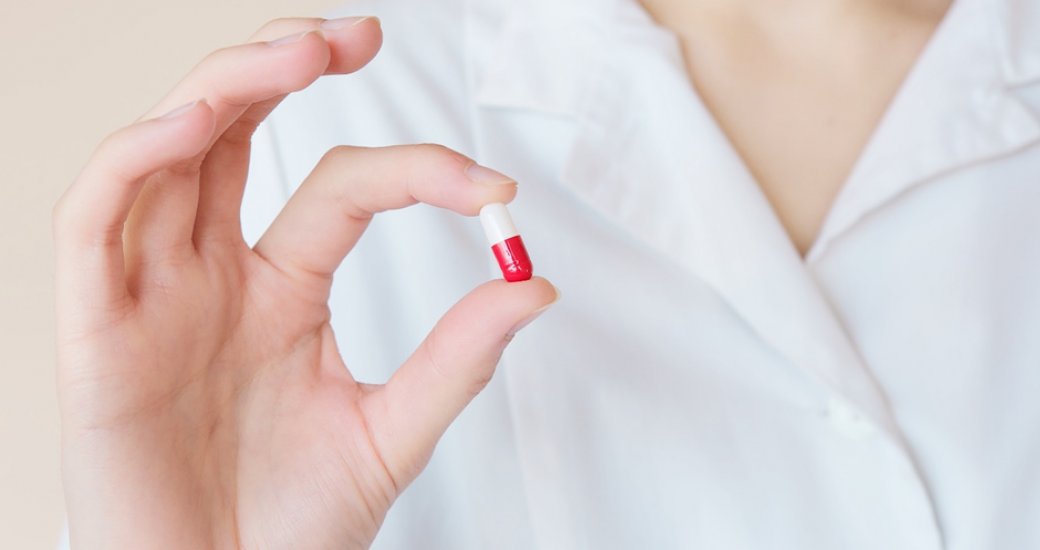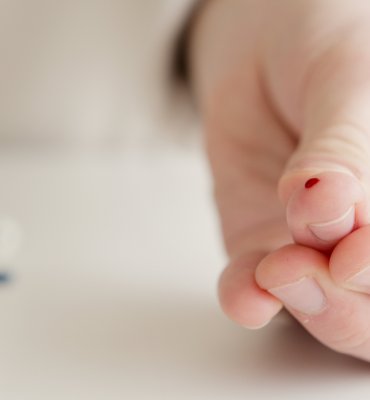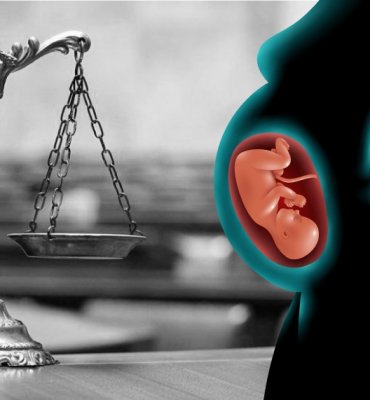
RMIT University in Melbourne has developed a new type of oral capsule that could provide painless delivery of insulin and other protein drugs.
Protein drugs are difficult to administer orally because they degrade quickly in the stomach, so they are usually administered via injection, which is unpleasant for the patient and results in high healthcare costs.
Professor Charlotte Conn, co-lead researcher, stated that the new technology could be used to deliver other protein drugs orally, including a new type of oral antibiotic developed by the RMIT team that can avoid resistance by dangerous superbugs. An international patent application has been filed for RMIT’s technology.
The new oral capsule was tested with insulin in a pre-clinical study, and the results were published in the international journal Biomaterials Advances.The oral capsules' performance with both fast-acting and slow-acting insulin was evaluated in the study.
The capsule shields the drug inside, allowing it to pass safely through the stomach and into the small intestine. It has a special coating that prevents it from breaking down in the stomach's low pH environment before the capsule dissolves in the small intestine's higher pH levels.
The insulin is packaged within a fatty nanomaterial within the capsule, which aids in the insulin's ability to cross the intestinal walls.
“We had excellent absorption results for the slow-acting form – about 50% better than injection delivery for the same quantity of insulin,” Conn said.
The capsule achieved good absorption results for fast-acting insulin, but the significant lag in insulin taking effect when compared to injection delivery makes it less practical.
“Our results show there is real promise for using these oral capsules for slow-acting insulin, which diabetics could one day take in addition to having fast-acting insulin injections,” Conn said.
‘A promising new oral delivery mode for insulin using lipid-filled enteric-coated capsules’ is published in Biomaterials Advances (DOI: 10.1016/j.bioadv.2023.213368).










